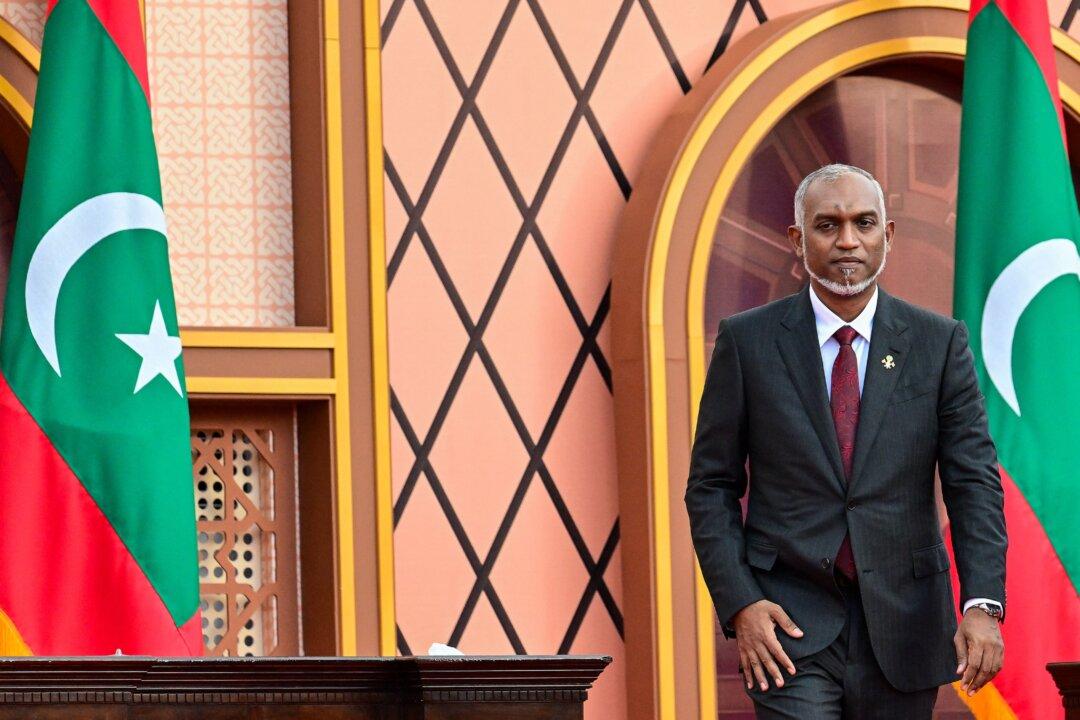NEW DELHI—The Maldives is set to host a Chinese survey and research vessel with advanced surveillance capabilities. The planned port call of the Xiang Yang Hong 03 has triggered concerns in India, a giant neighbor to both the tiny archipelago nation and China.
Experts say it’s indicative of new-age geopolitics characterized by the ideological polarity between Beijing and New Delhi.





